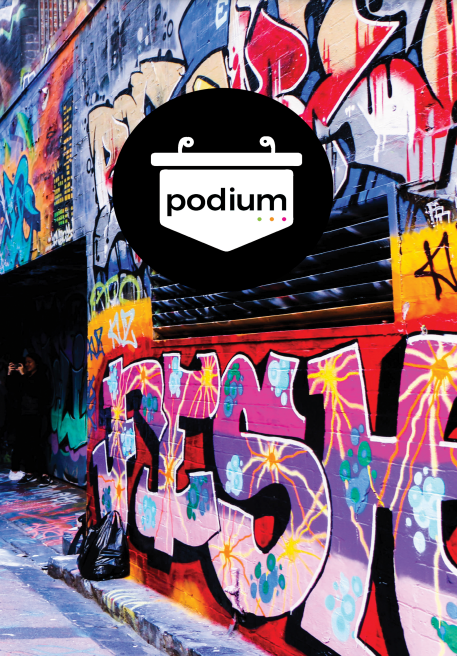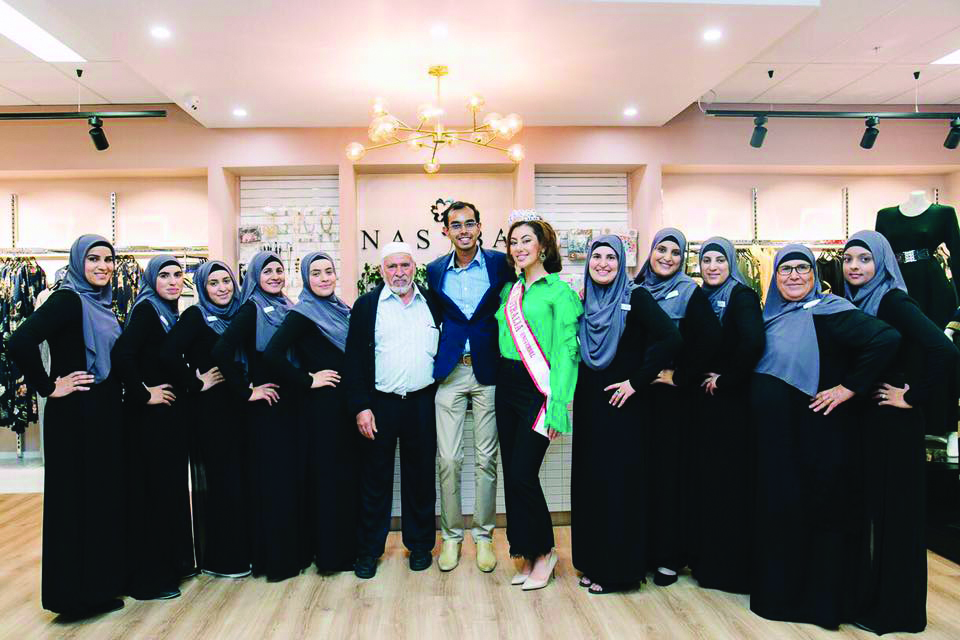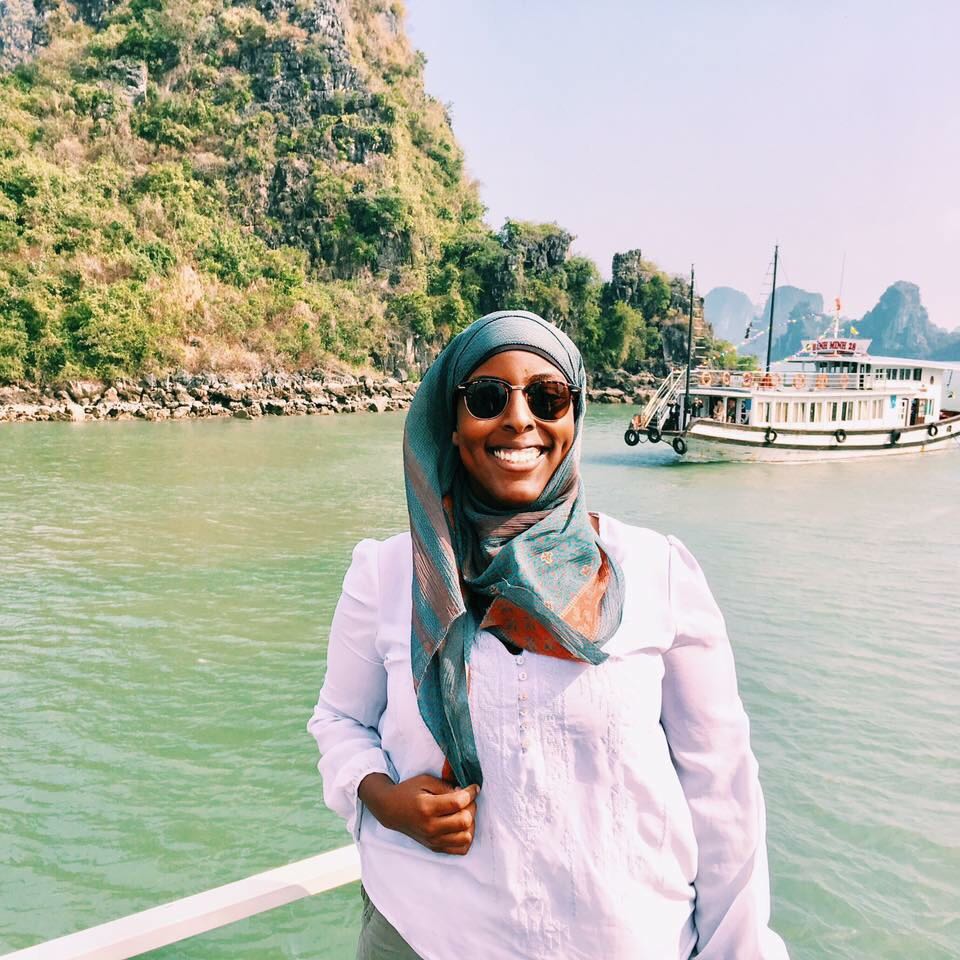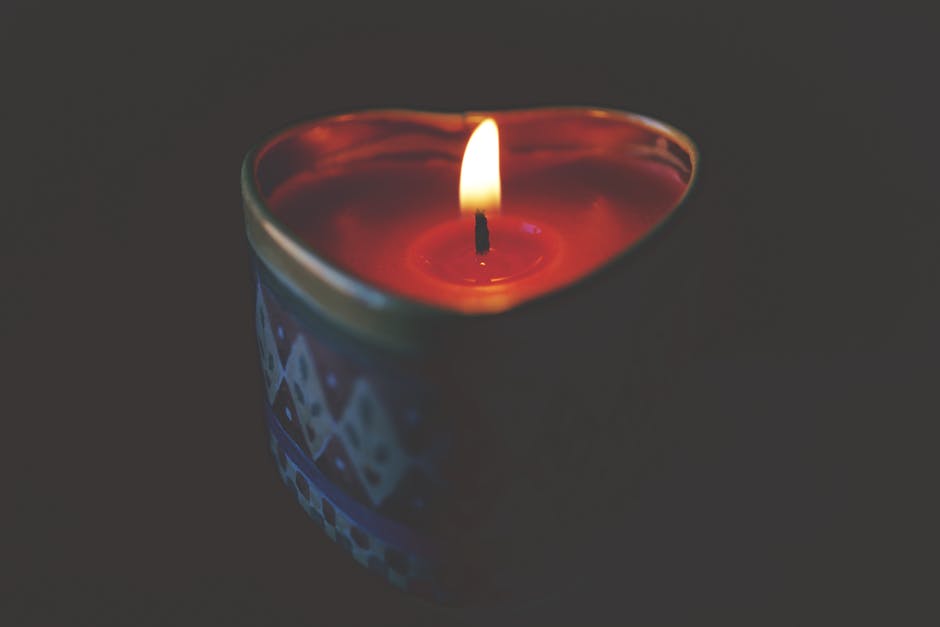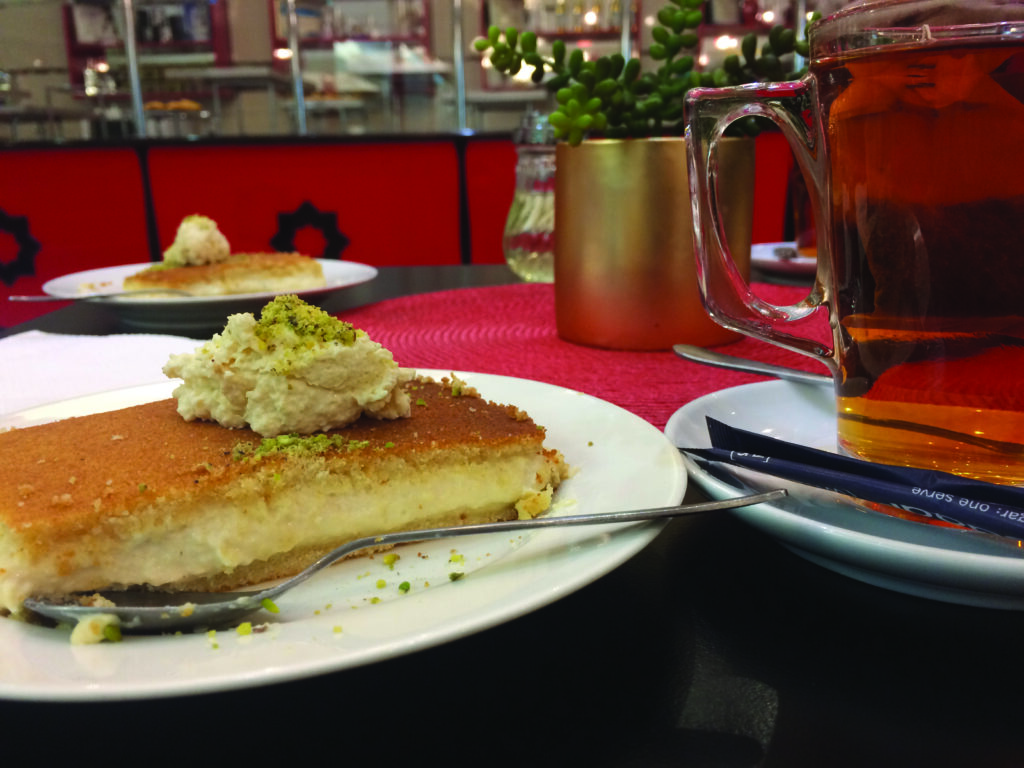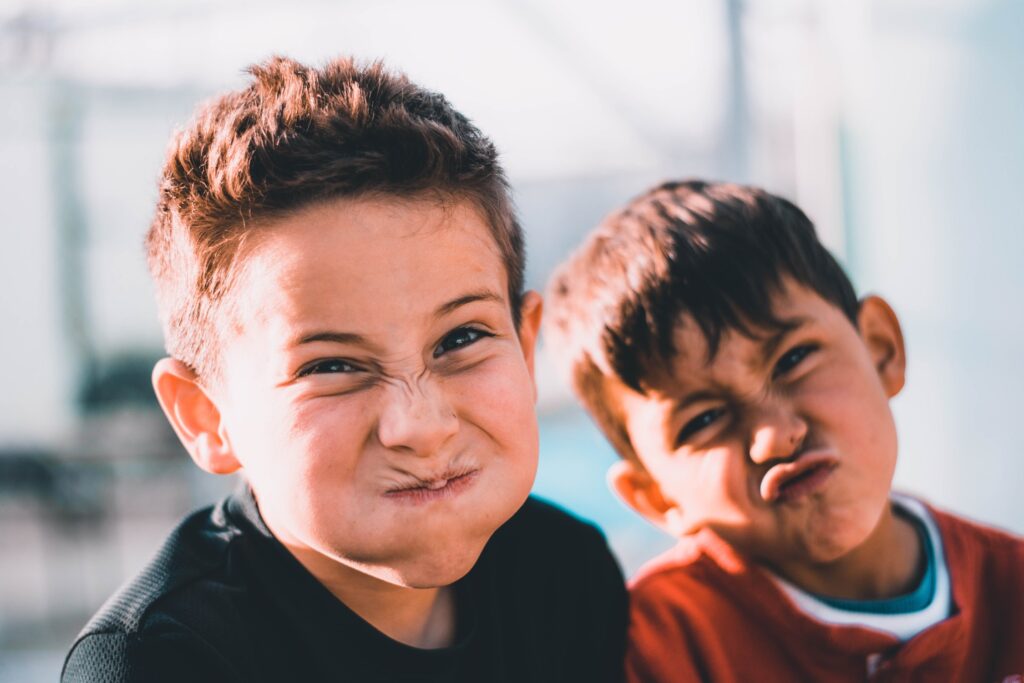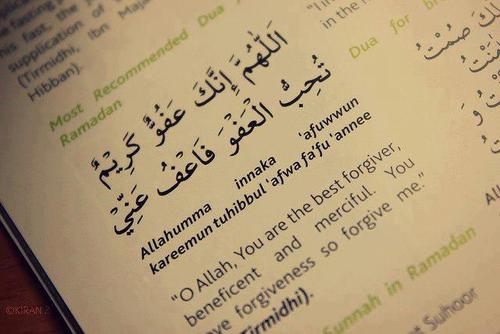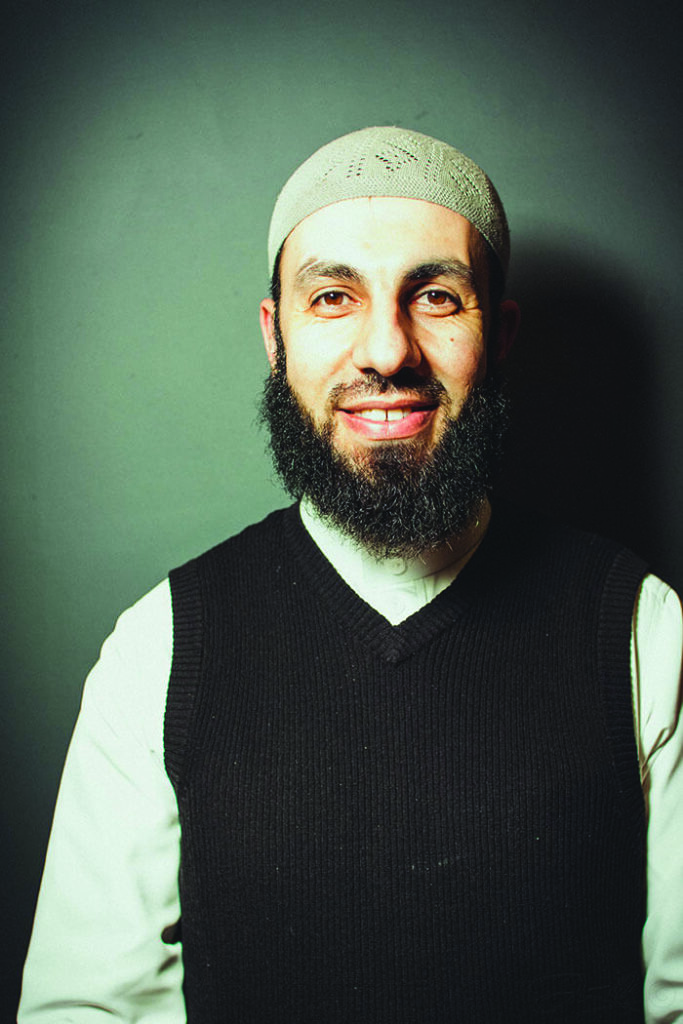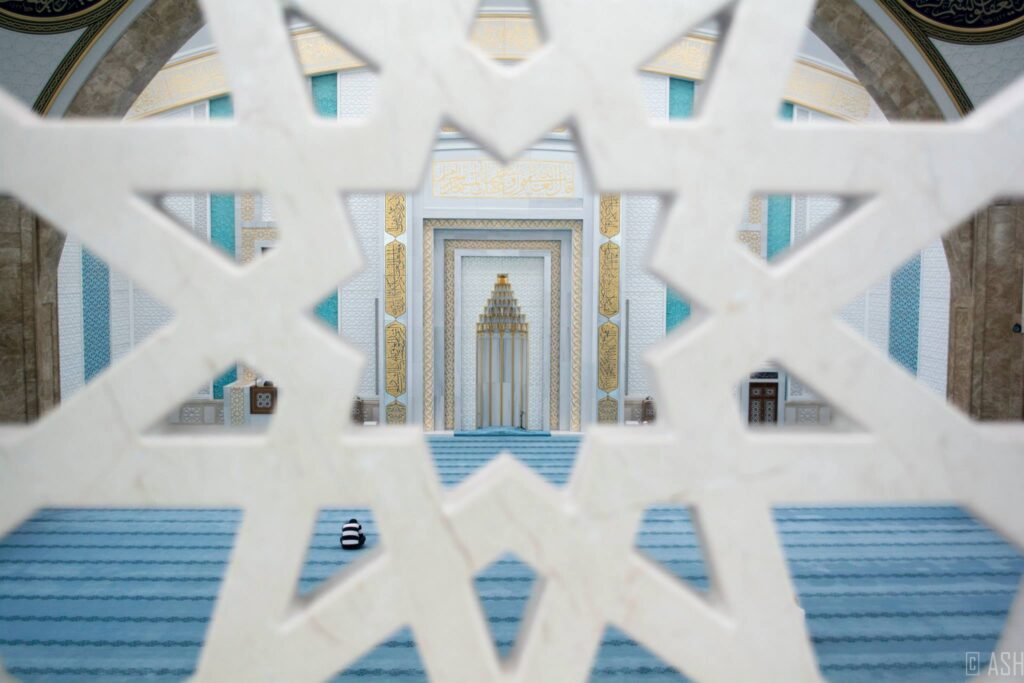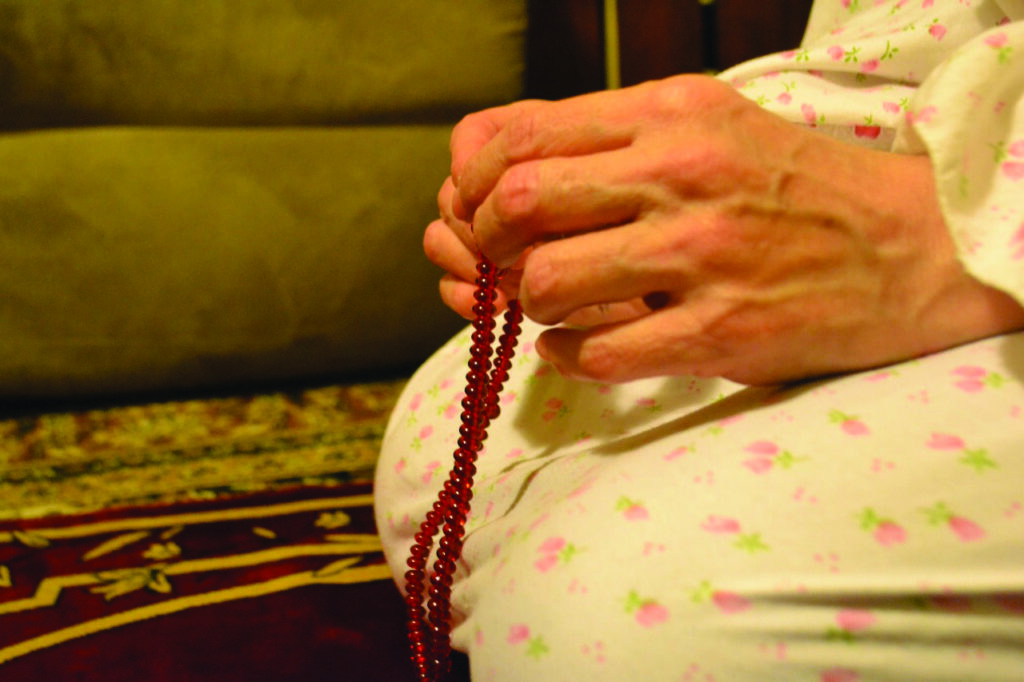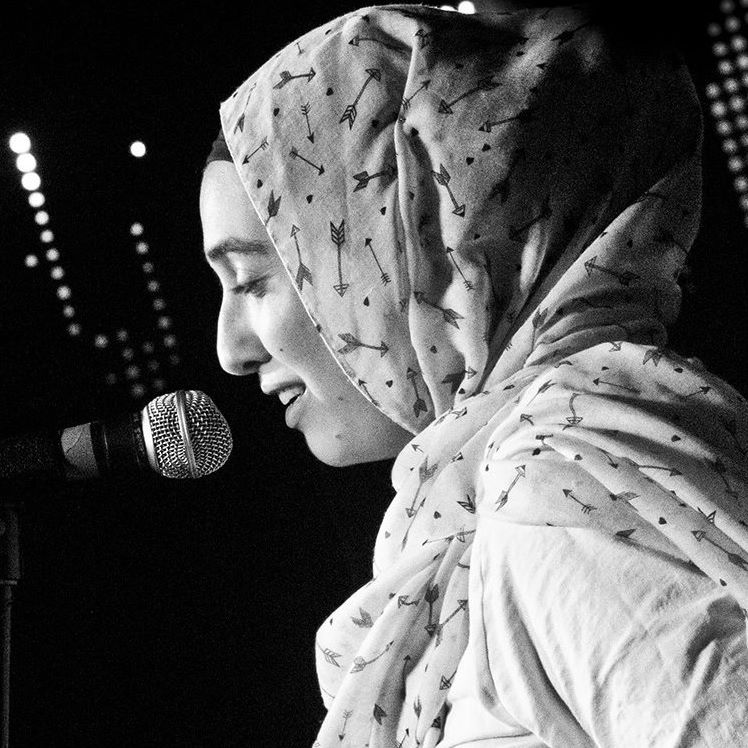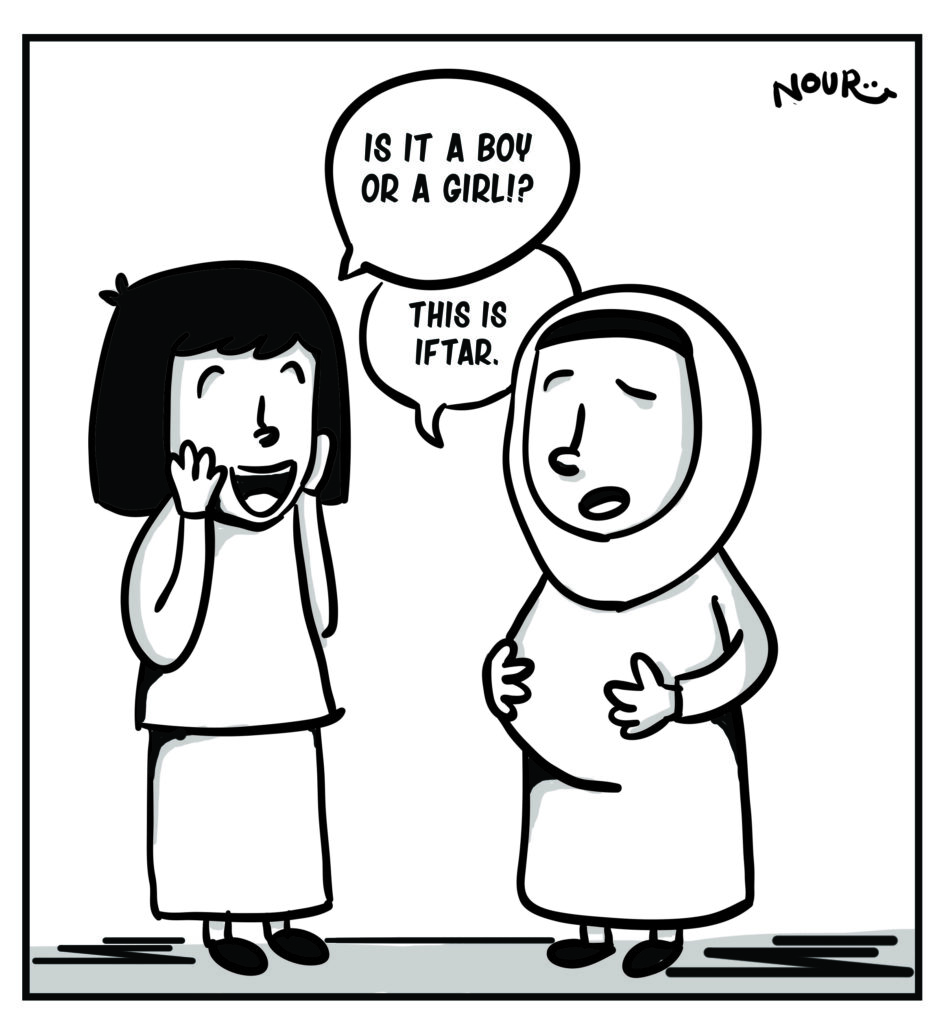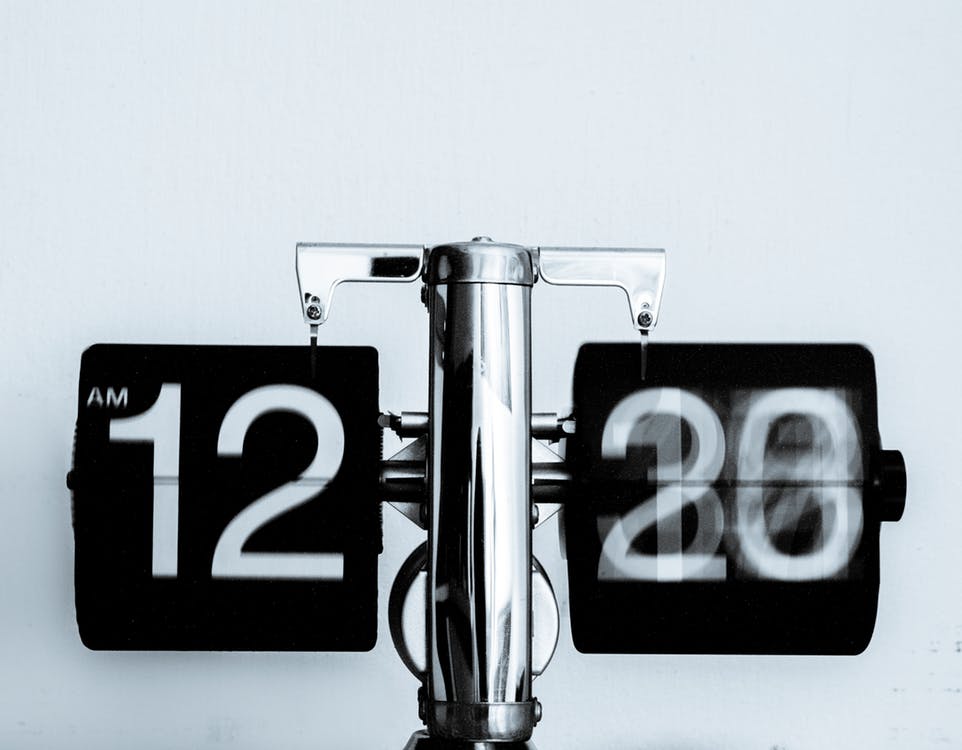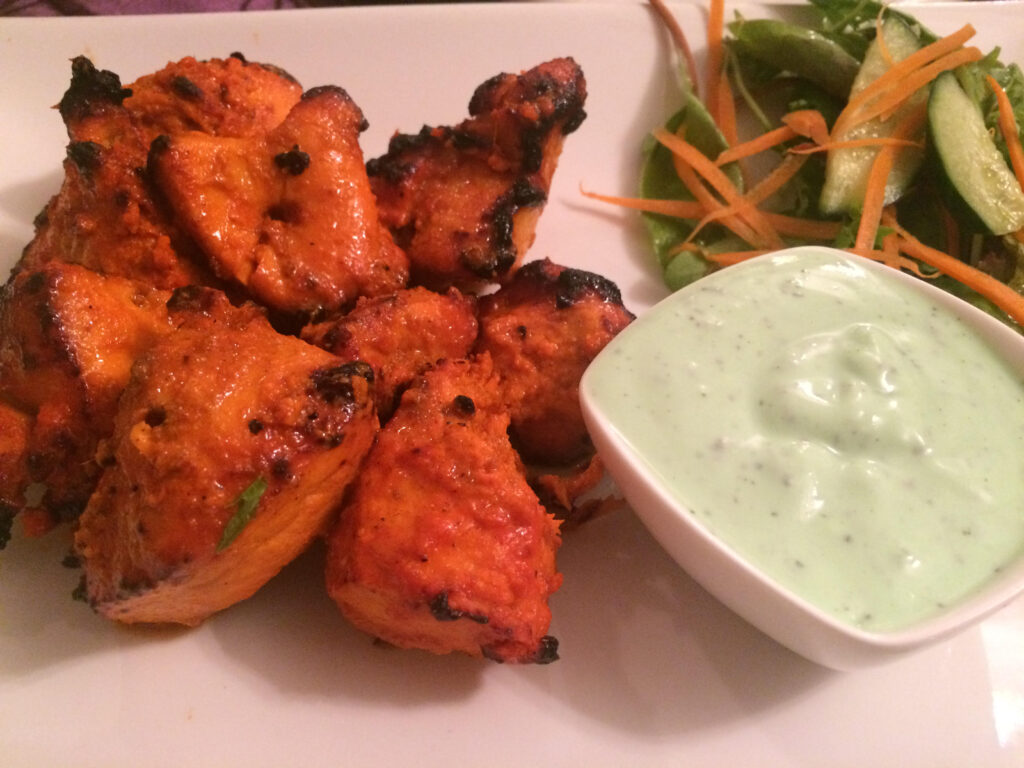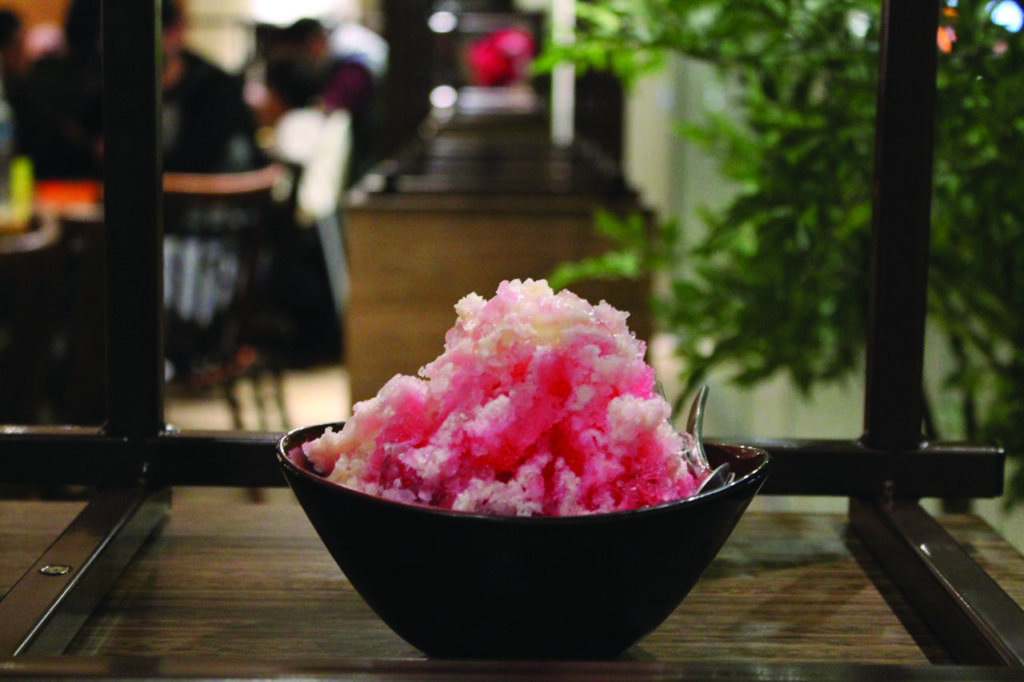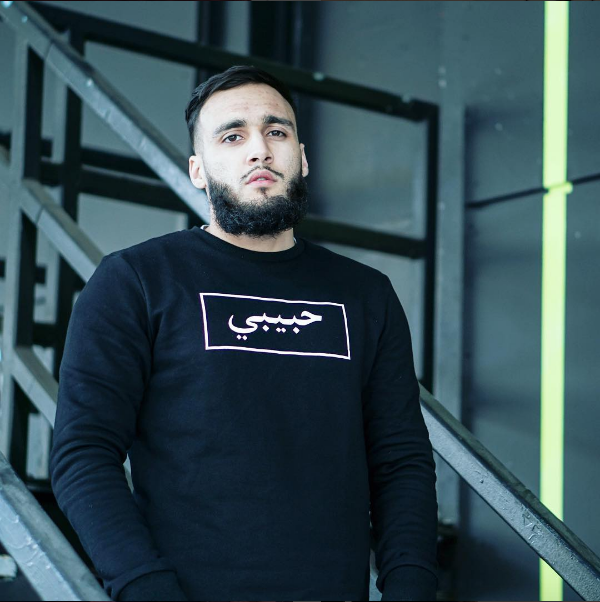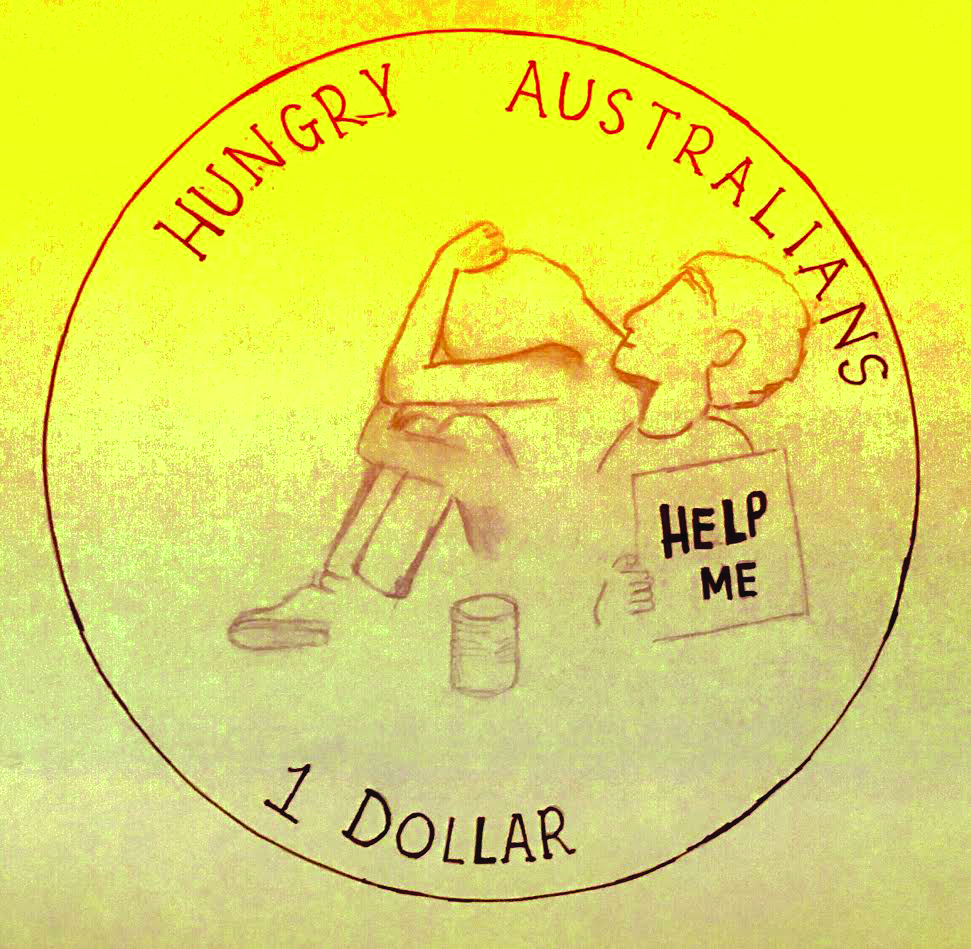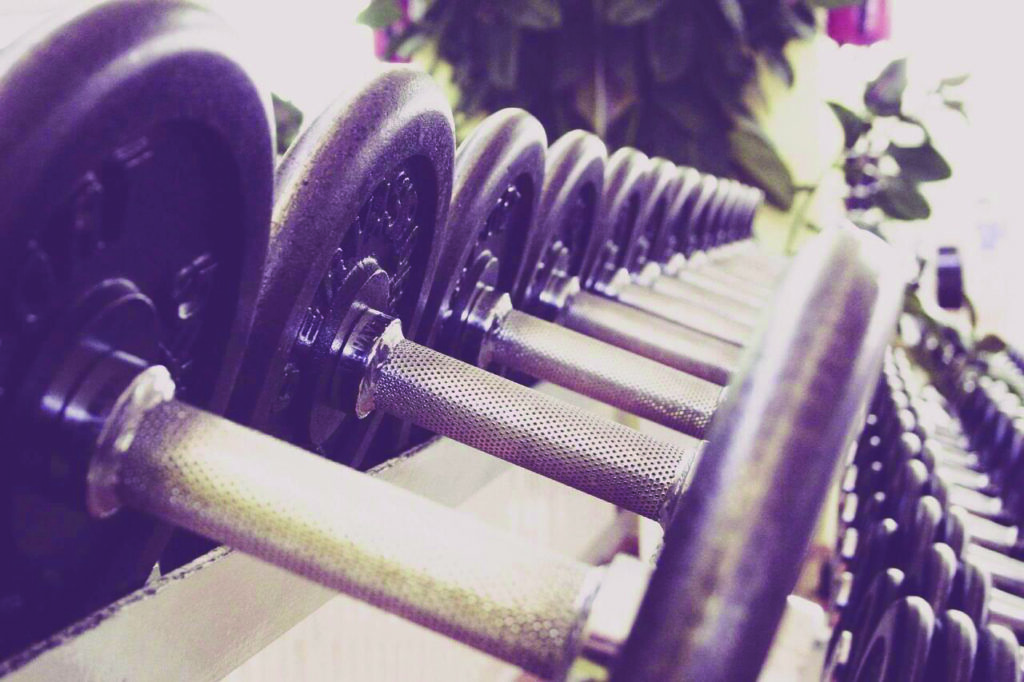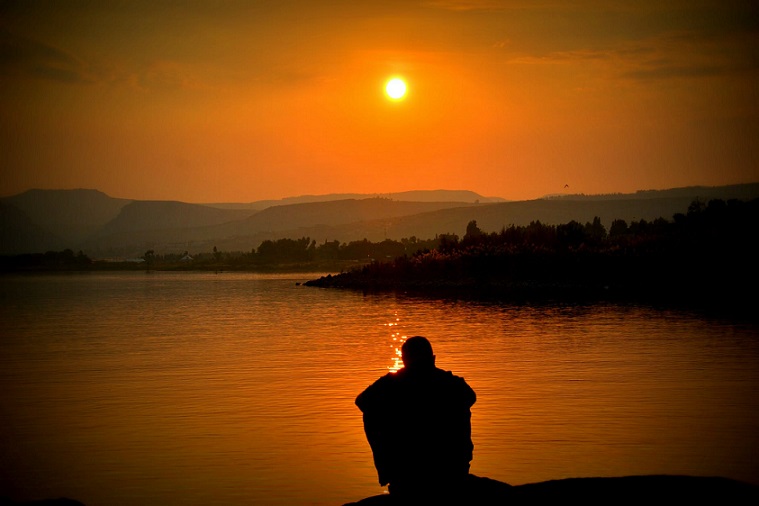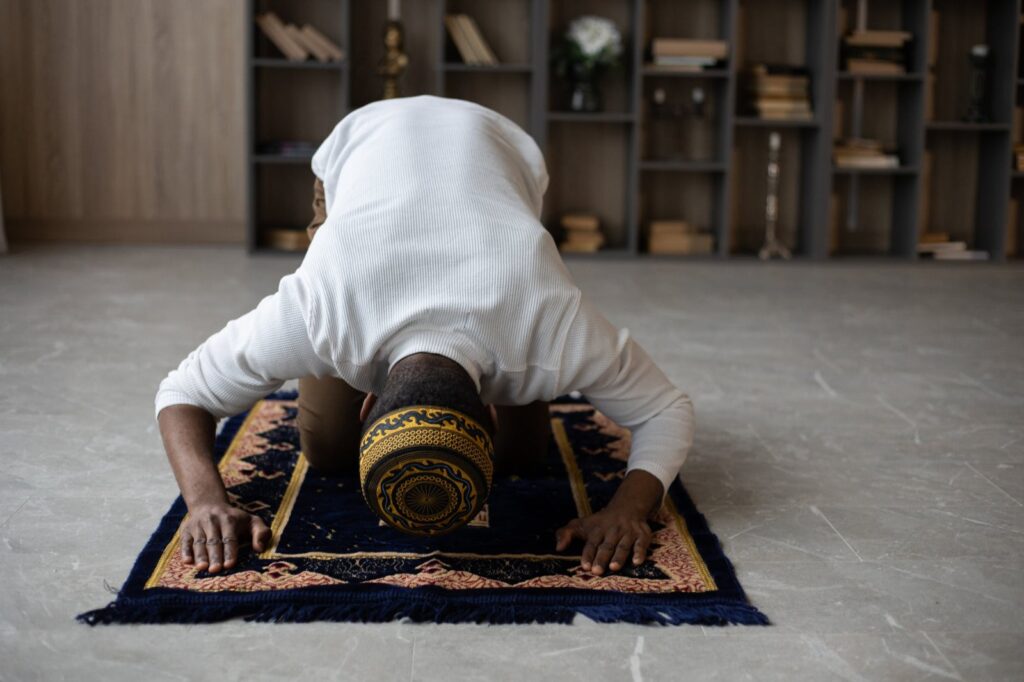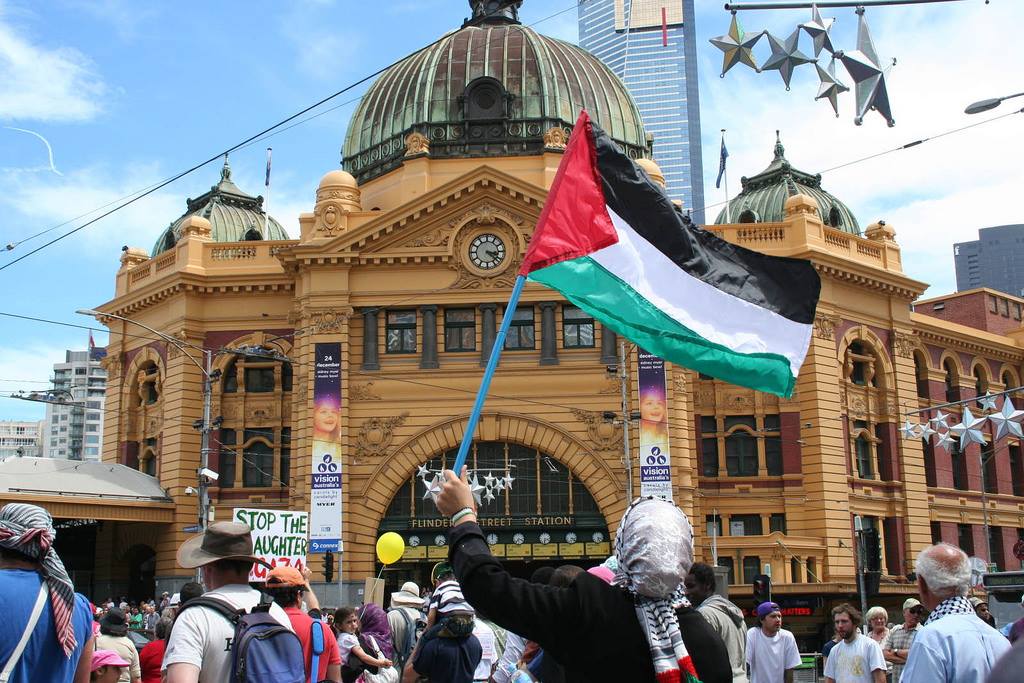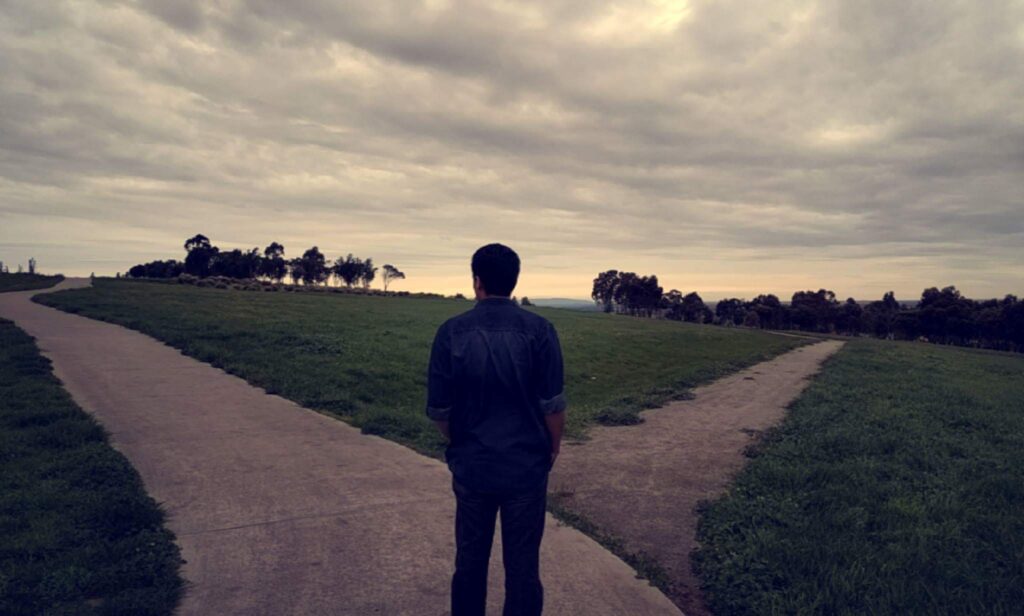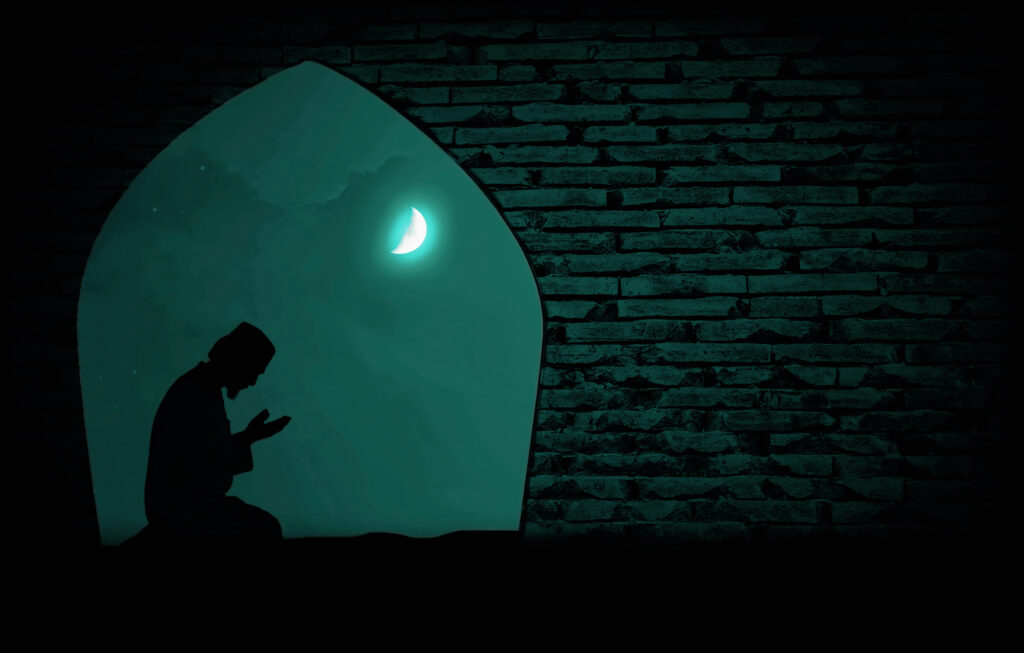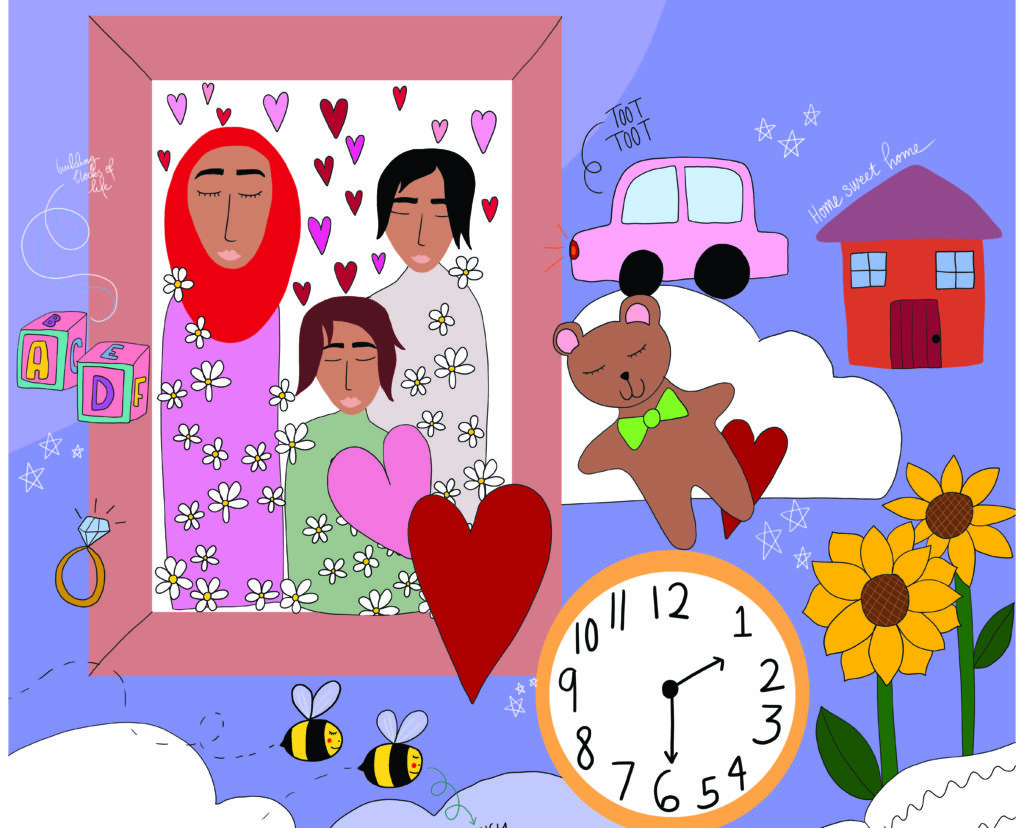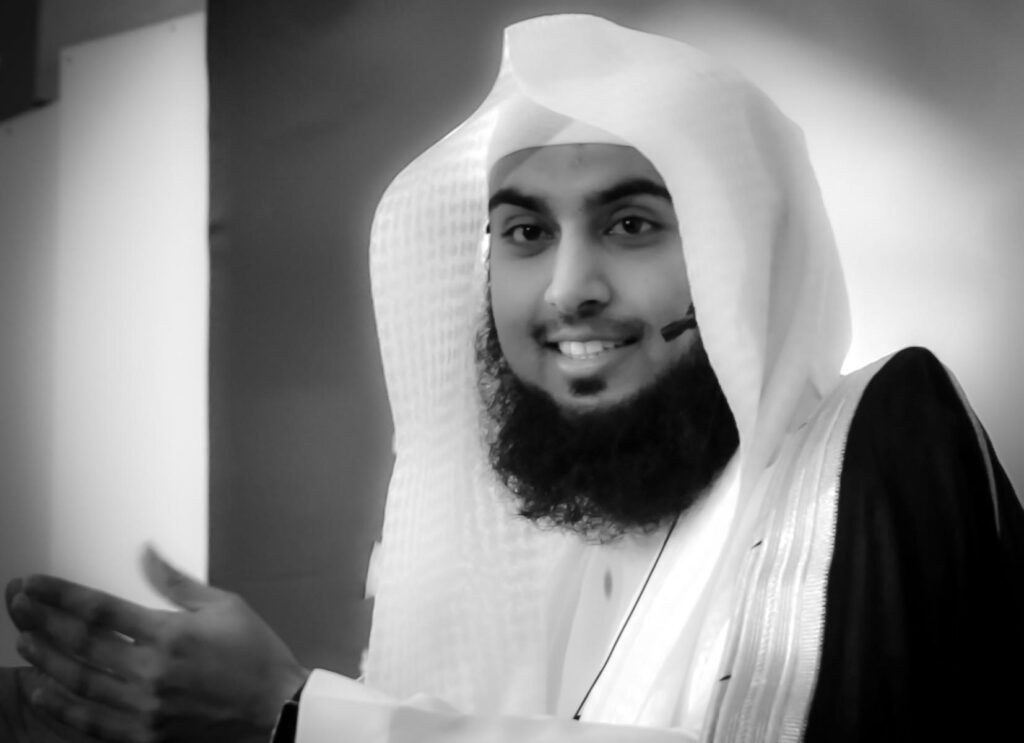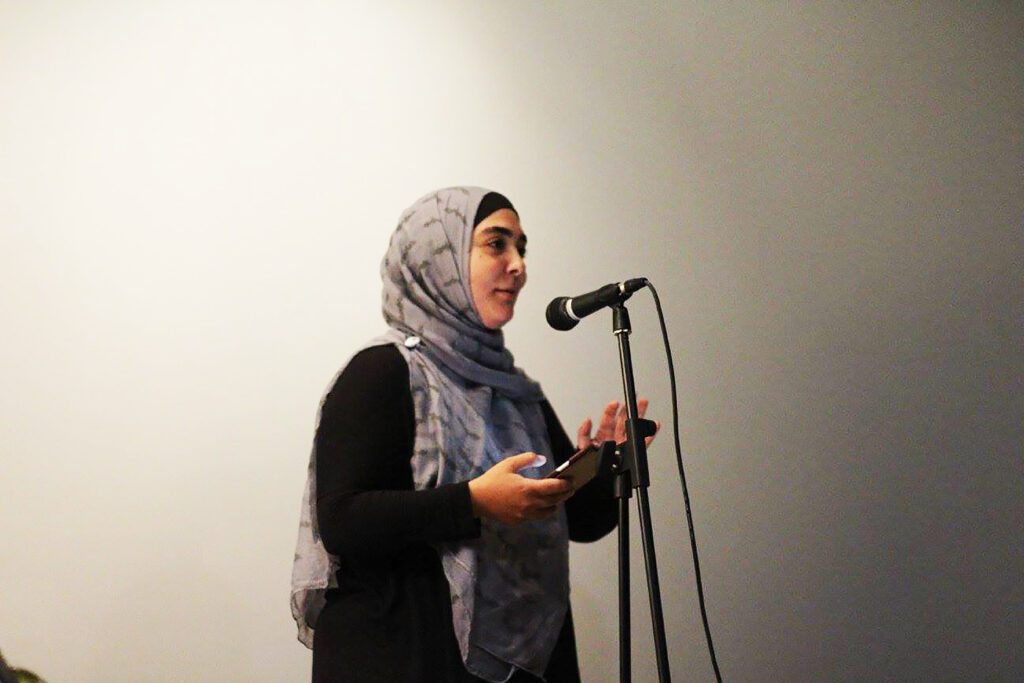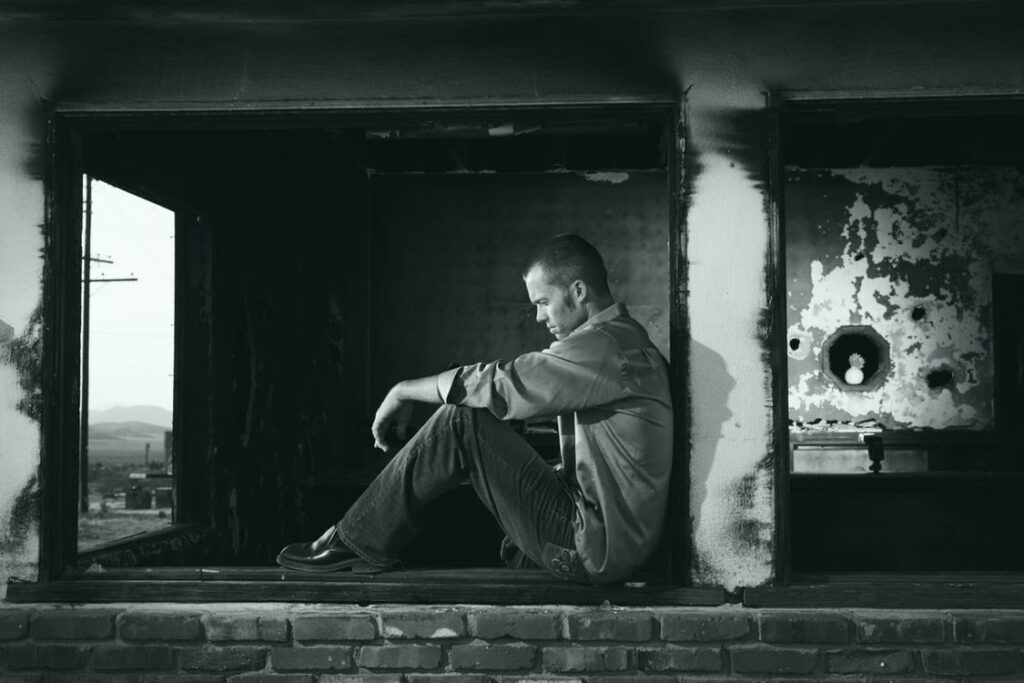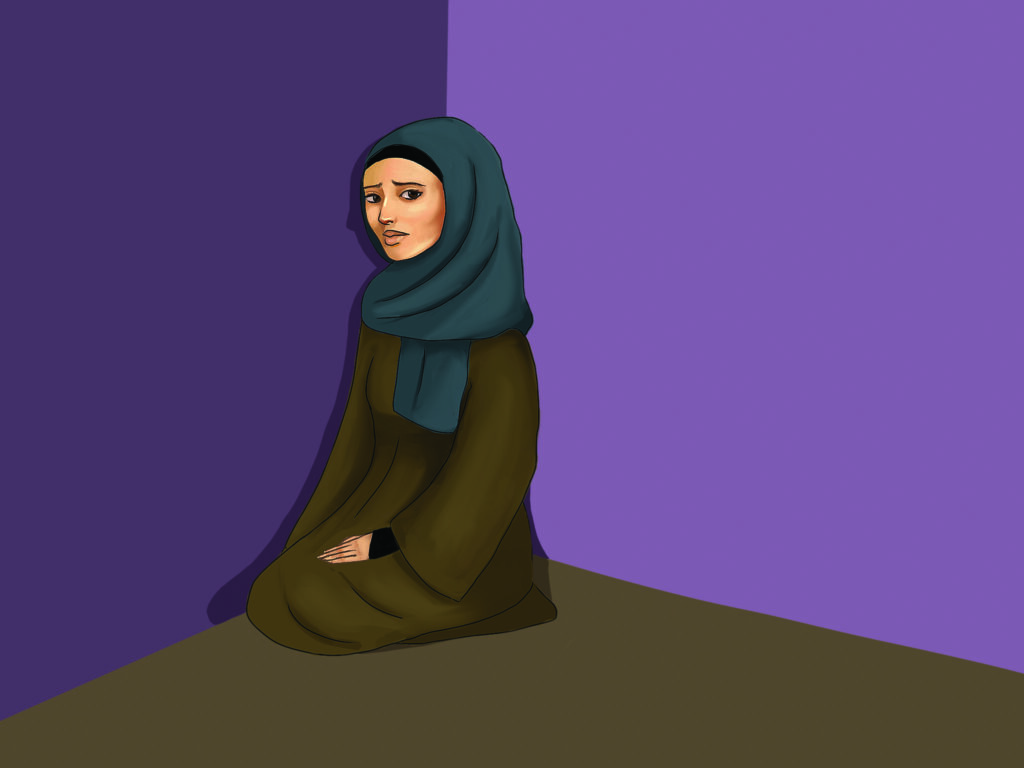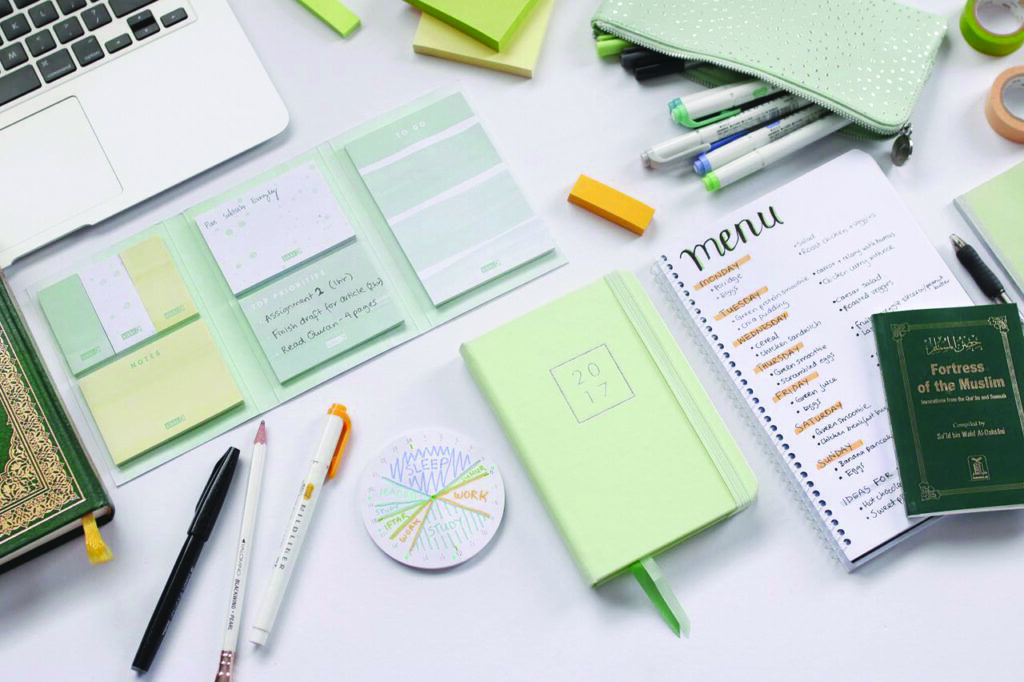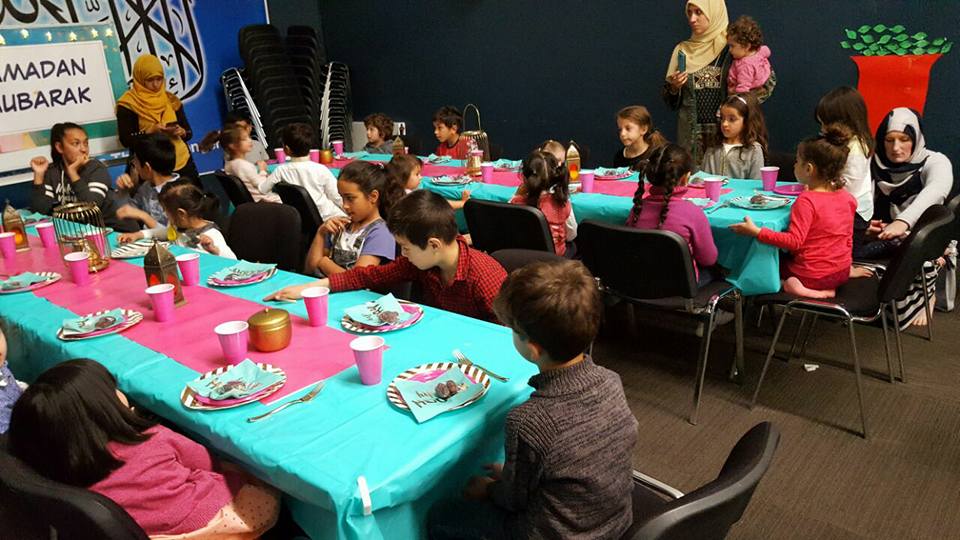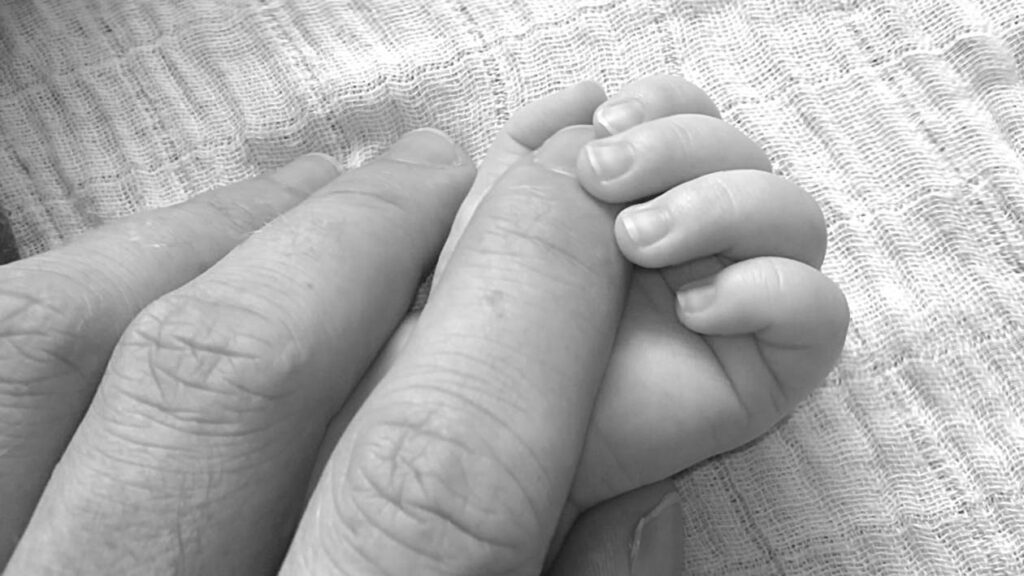Mothers’ Halaqa – Mothers And Young Children Feel Unwanted
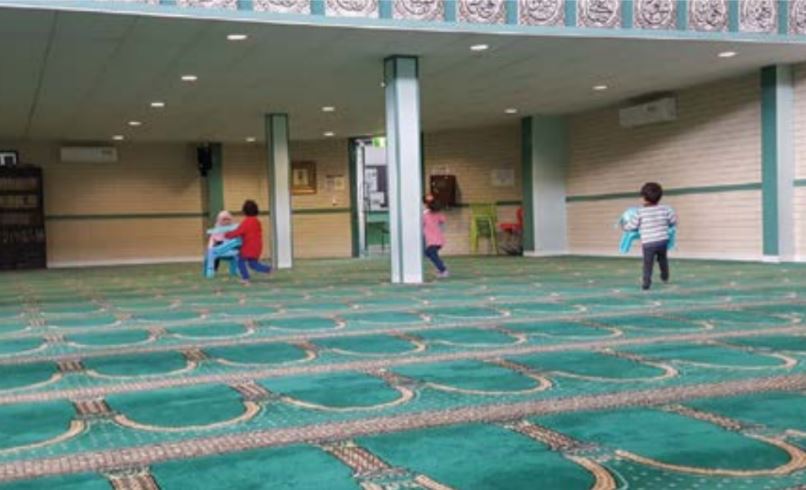
Coming out of Ramadan, the month of high spirits, unity and community, our mothers’ halaqa group was reflecting on the good experiences we had in this month and the challenges we faced.
It didn’t take very long for the masjid anecdotes to surface; stories of mistreatment, exclusion and control we experienced as we attempted to enter the masjid to try and catch Tawareeh prayer, and introduce our children to our place of worship, many of whom the visit would have been their very first.
One of our halaqa participants told us that as a revert, she has never had the opportunity to attend Taraweeh prayers because she had her children shortly after her conversion to Islam.
Another mother lamented that she has not attended Taraweeh prayers for the past ve years. Year in and year out, her husband does not miss a single Taraweeh night, while she is le putting both children to sleep to try and hang on to a bit of routine for them in this month filled with beautiful, yet child-draining gatherings.
One of the mums is a single mother of two primary-aged boys and a special needs daughter who is a toddler. She was asked, on her first attempt to take her boys to the masjid this year, to not attend as her daughter would walk between the praying sisters and try to greet them.
Especially for mothers of children with special needs, who are part of our group, there is no sense of contentment that their child will outgrow this stage and be able to accompany her and all will be fine in a few years’ time.
Even for those of us who do attend prayers at the masjid and our children are quiet, once one child – even if that child isn’t ours – begins to cry or run around, we feel it is an indictment on all of us. A feeling that is reinforced by the many imams who are quick to jump to the microphone and remind the entire community in the masjid of one mother’s ‘failure’ to quieten and discipline her little one.
When mothers are spoken to, the language used is often the same as that used to discipline children themselves: mothers are rebuked, shamed and taught that they are unwelcome. One elderly woman told one of us that when her children were young she never brought them to the masjid, and that it is unfair even on the children to bring them.
In one masjid, the imam stopped the prayers, looked behind him and warned that if the child and mother do not leave, he will not continue the prayers, adding that ‘we have all day’. Not considering the logistics of how this mother will leave while her husband stays, since they share the same car, this is a complete insult that is more sinful than praying with disruption.
Now, as we write this, we are not arguing that all children should be left free to roam, ruin and yell in the masjid. Actually, it is mothers who are the most concerned about their children’s behaviour and know their responsibilities before anyone else around them, yet they are not trusted to act.
As the mother is beginning to respond to her child, already, we see the imam who cannot even see what is going on in the women’s section, ready to rebuke.
In cases where mothers feel uncomfortable to break their prayer and attend to a crying child, we wish to remind them of our Prophet PBUH’s example. He himself would shorten a lengthy prayer to show mercy on both the mother and child, and lengthen sujood if a child is climbing on his back.
Mothers also should know that it is permitted and preferred for them to stop their voluntary prayers, take the child outside, comfort them, and then continue their prayers. This takes us to an important question: are masjids ready to accommodate for mothers and young children, if there could be effective ways to do so?
Masjids could open prayer spaces where mothers with younger children can pray. Masjids could also encourage sisters to pray in the front rows in the women’s section so the back rows can be left for children to occupy and for mothers to sit and attend to their children if necessary.
Masjids could also create quiet corners for children, filled with calming activities such as puzzles and books, so children feel less inclined to run around and wrestle.
Masjids could also organise kids’ days where they demonstrate and teach children how to behave in the masjid – with parents volunteering to run these important days.
These activities will only be enthusiastically organised once masjid committees actively seek to alter the narrative around children and mothers – they are not a menace to Muslim society.
Children need to be seen as more important in the masjid than older generations who are inclined to discipline. Our children will be praying in these spaces, donating to build masjids in their adult lives, and actively working in the masjids for the next 60 years of their lives at least.
They grow up so fast. How is it that generations of primary school children are not visiting the masjids because their mothers and fathers are ashamed to take them, lest they cause upset to the Muslim community?
Here, we should ask: why is it the sole responsibility of parents to engage their children? Aren’t they the future of our community? Why doesn’t the community invest in activity rooms in the masjid rostered by volunteers so parents can also have a break?
If parents are isolated from masjid communities, how do we imagine them to meet other Muslim families with children, or work on their iman when they cannot attend prayers, lectures, courses or training that happens in the masjids?
It is unfortunate that parents of our community feel more welcomed at shopping places, which just want their consumption practices, than our Muslim spaces, which do not accommodate parents on any regular basis.
We expect that our children are welcomed so they can develop a love of Islam and make Muslim friends that will last them through their teenage years and young adult life.
It is the most comforting experience when one of the aunties approaches and asks to hold the child, or takes him or her to pray next to herself, to help us mums be able to continue and catch up on our prayers.
Many of the mums in our halaqa have been taking children to pray and play in the masjid during quiet times, such as before dhuhr, to at least allow pre-schoolers to learn what a masjid is, what the qibla is, and where the imam stands.
Teachings that many of our parents never had to plan because they took their children everywhere with them and in those times, children were considered a natural part of the setting.
These masjid outings are really useful. Our expectations as parents of young children need to change, we cannot expect to drag our children to the masjid every night in Ramadan and seek their obedience, because we can find other ways to instill the love of the masjid in their hearts.
A love that we hope will nurture them and lead them back to the masjid in their times of difficulty.
ABOUT THE AUTHOR
Mothers’ Halaqa
A group of mothers who meet up on a weekly basis to remember Allah SWT and help each other to navigate through the struggles of being a young Muslim mother in this society.
Originally printed in Podium Magazine Edition 2, published in 2017.
